



The Moscow Department of Investment and Industrial Policy and the Moscow Investment Agency present you the next digest of the main investment events in the Russian capital.
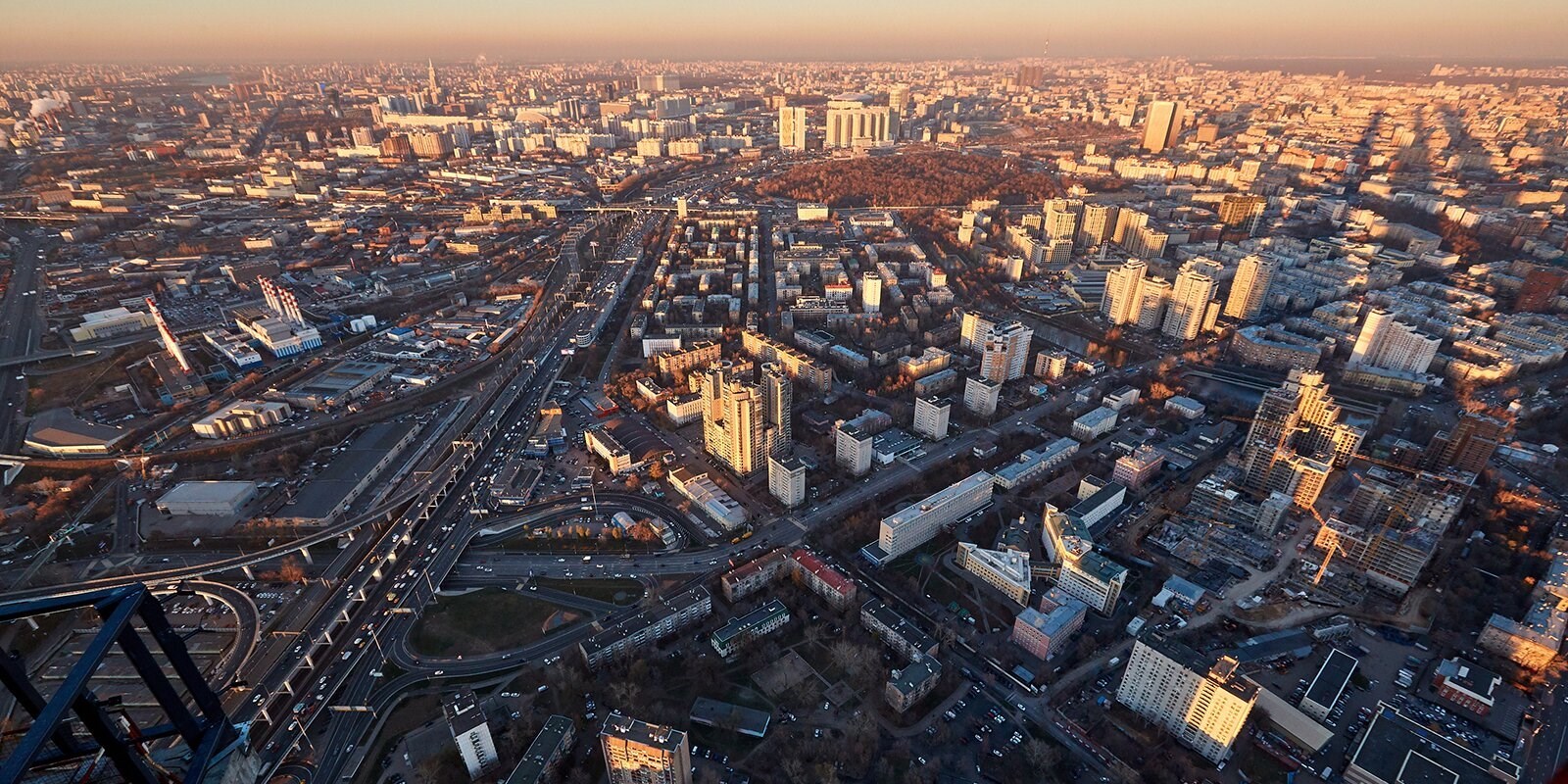
“According to Rosstat data, from January to June 2022, investments in fixed assets in Moscow exceeded RUB 1.9 trn., which is 4.4% more compared to the same period in 2021. Investments of large and medium-sized businesses for six months amounted to RUB 1.7 trn. According to statistics, capital companies invested 32.4% of the total amount in machinery and equipment,” said Vladimir Efimov, Deputy Mayor of Moscow for Economic Policy and Property and Land Relations.
“The capital business, despite economic restrictions, business remains active. More than half of the total costs in the first half of the year – 52.1% – were financed by enterprises at their own expense. The other 47.9% are from borrowed funds, including loans and subsidies. The city support measures, which are regularly improved and supplemented, helps to maintain investment activity,” said Vladislav Ovchinsky, Head of the Moscow Investment and Industrial Policy Department.
From January to June 2022 the capital manufacturing enterprises invested RUB 75.9 bn in the capital economy. In nominal terms, the indicator increased by more than 74% compared to the same period last year. Over 5 years – from 2017 to 2021 – investments in fixed assets in Moscow amounted to RUB 20.3 trn. in comparable prices, and over 10 years – RUB 30.4 trn. Manufacturing companies invested RUB 501.4 bn in fixed capital over the past 5 years.
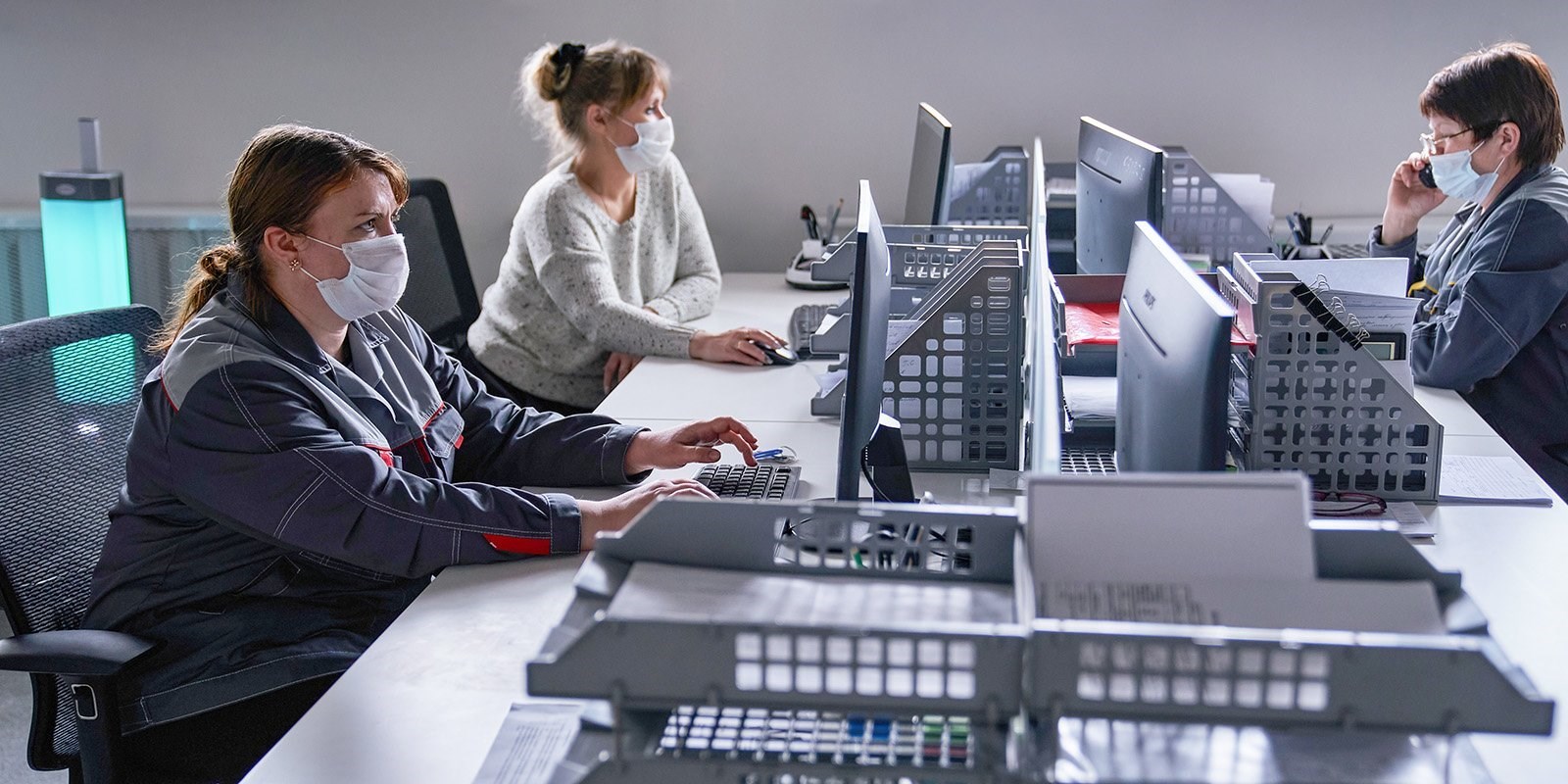
“Since the inception of the Program of stimulation of creation work places, the city has signed 25 agreements with investors. Under the terms of these agreements, developers will build 53 facilities in the capital: 18 kindergartens and 12 schools, 8 business centers, 6 technology parks, 4 shopping centers, 2 retail and office buildings, an industrial complex, an Multifunctional Center with business and retail facilities, and a sports complex. As a result, more than 34.500 work places will appear in the capital. The planned amount of investments in the implementation of these projects will be RUB 106 bn,” said Vladimir Efimov, Deputy Mayor of Moscow for Economic Policy and Property and Land Relations.
The Program of stimulation of creation work places has been implemented in the capital since 2020. As part of it, the city provides developers with benefits when re-registering land plots for housing construction, if they are also building commercial, industrial or social facilities. As a result, the investor receives income both from the sale of residential real estate and from a business facility, and the capital receives additional jobs for citizens.
“The Program is gaining momentum. Since the beginning of the year, 8 agreements have been signed with a total investment of RUB 22.5 bn. According to them, developers will build 19 educational institutions, 2 shopping centers, an office building, an Multifunctional Center for commercial and business purposes and a sports complex. After the facilities will be put into operation, almost 5,000 people will be able to work there,” said Vladislav Ovchinsky, Head of the Moscow Investment and Industrial Policy Department.
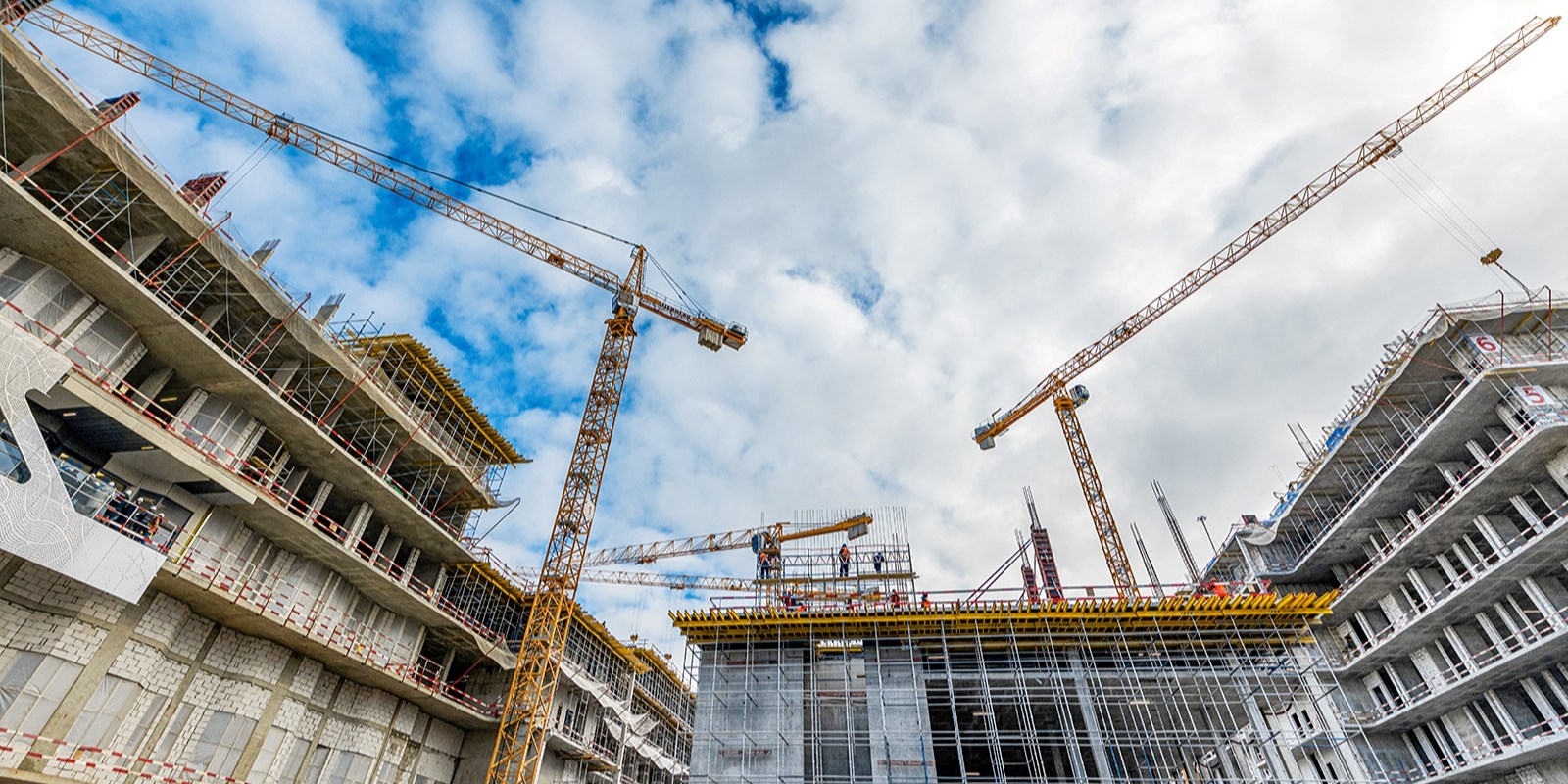
“One of the key changes concerns the possibility of participation of additional persons in the creation of a facility that provides the new jobs creation in the capital. Previously, a company could become a co-executor of the project, the composition of shareholders of which at least 75% coincides with the composition of shareholders of the investor himself. Now this figure has been reduced to 51%, which will allow developers to attract more organizations to the construction of objects necessary for the city,” said Vladimir Efimov, Deputy Mayor of Moscow for Economic Policy and Property and Land Relations.
Usually, when determining the amount of support, the total area of the planned work places, the type of object, as well as its location are taken into account. The choice of the area for participation in the program affects the benefits provided to the investor: they increase where the economic situation requires additional incentives for the creation of work places. “The Moscow Government has established a single coefficient that determines the amount of benefits for cultural facilities, social infrastructure and inpatient medical institutions in all areas of Moscow. For kindergartens, schools and clinics, it will be applied only if the facilities are being built as part of the same territory planning project with a residential complex, for which the developer plans to receive preferences,” explained Vladislav Ovchinsky, Head of the Moscow Investment and Industrial Policy Department.
While the work places agreement is in force, the city controls how industrial facilities, hotels and logistics facilities are operated. The buildings at the same time were pledged to the capital. Now you can pledge other real estate with a similar market value or replace the pledge with an irrevocable bank guarantee. Finally, the presence of the ownership right of one of the investors or attracted persons to the work places object after registration of the rights to the object is now also unnecessary. The simplification is explained by the fact that for a housing developer, the management of hotels, industrial and logistics facilities is not a core business.
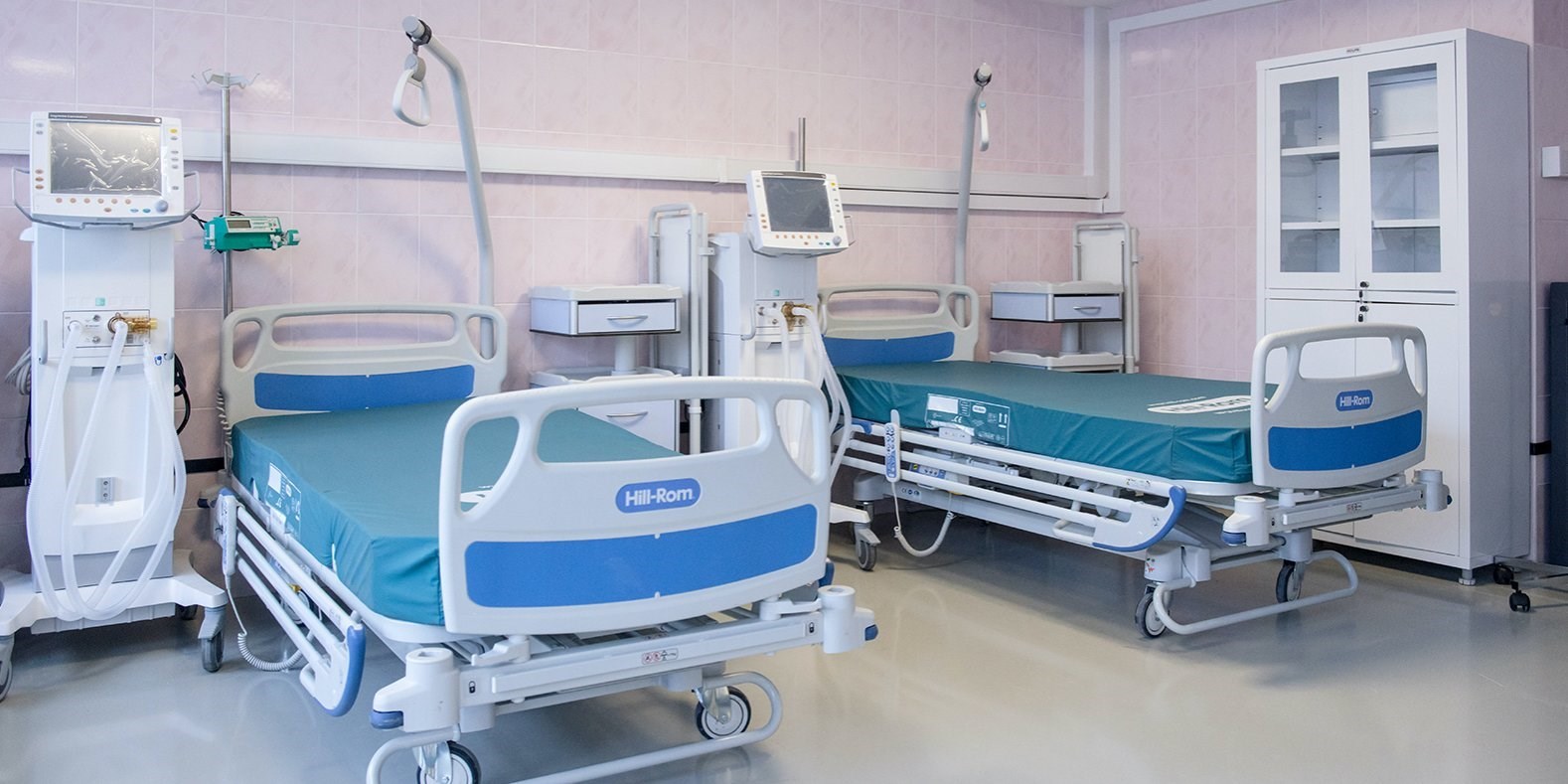
The Moscow Government decided to hold an electronic tender for the right to conclude an offset contract for the supply of medical furniture for city medical institutions. Sergei Sobyanin signed the corresponding order.
Under the terms of the contract, the winner of the competition undertakes to organize the production of medical furniture in the capital within 3 years. The total investment should be at least RUB 250 m. In turn, the Moscow Government guarantees the purchase of 80 items of furniture, including shelving, cabinets, cabinets, surgical tables, medical chairs and more. They will be purchased within 10 years (until 2032).
Previously, the city signed 5 offset contracts for RUB 72.7 bn: 4 contracts for the creation of the production of medical devices and medicines and one for the production of baby food. At present, 3 new plants were put into operation, deliveries of products for city needs have been organized.
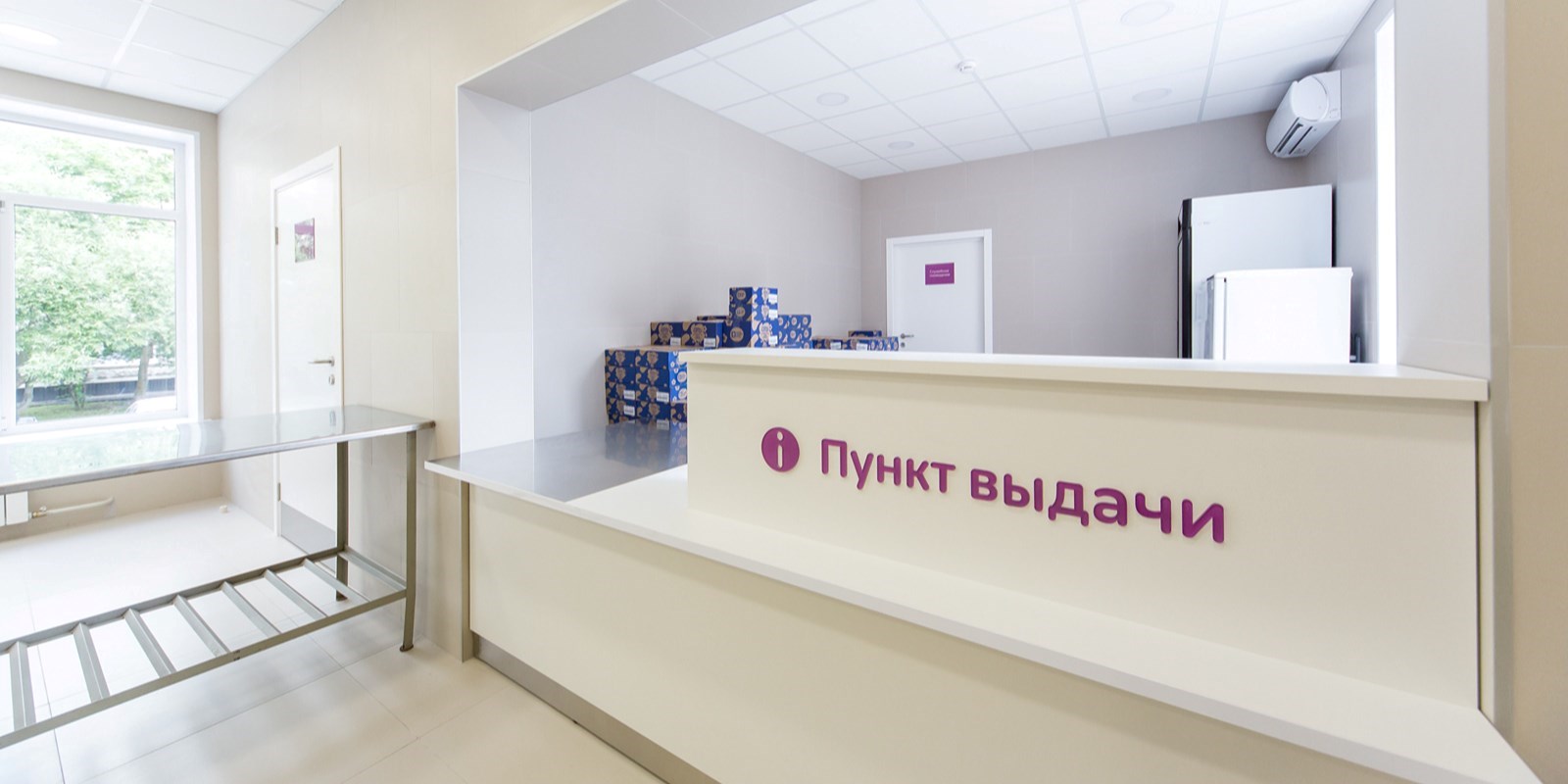
“Under the contract, Moscow will be purchasing milk formulas, juices, purees, cereals and other products for pregnant women and children for a total of RUB 30.6 bn from enterprises over 8 years. The deliveries within the offset started this year. As a result, since that moment, the city dairy kitchens have received more than 9 m sets of products – this is more than 26.000 t,” said Vladimir Efimov, Deputy Mayor of Moscow for Economic Policy and Property and Land Relations.
An offset contract with dairies was signed in 2020. It solved an important task for Moscow – to create a local production of products for urban dairy kitchens, including dry milk formulas, which previously had to be purchased in other regions of Russia and in Belarus.
“As part of the implementation of the contract, the dairies underwent a large-scale modernization. The volume of investments in projects is estimated at more than RUB 2.1 bn. The enterprises created lines for the production of powdered milk formulas, juices and purees, updated equipment,” said Vladislav Ovchinsky, Head of the Moscow Investment and Industrial Policy Department.
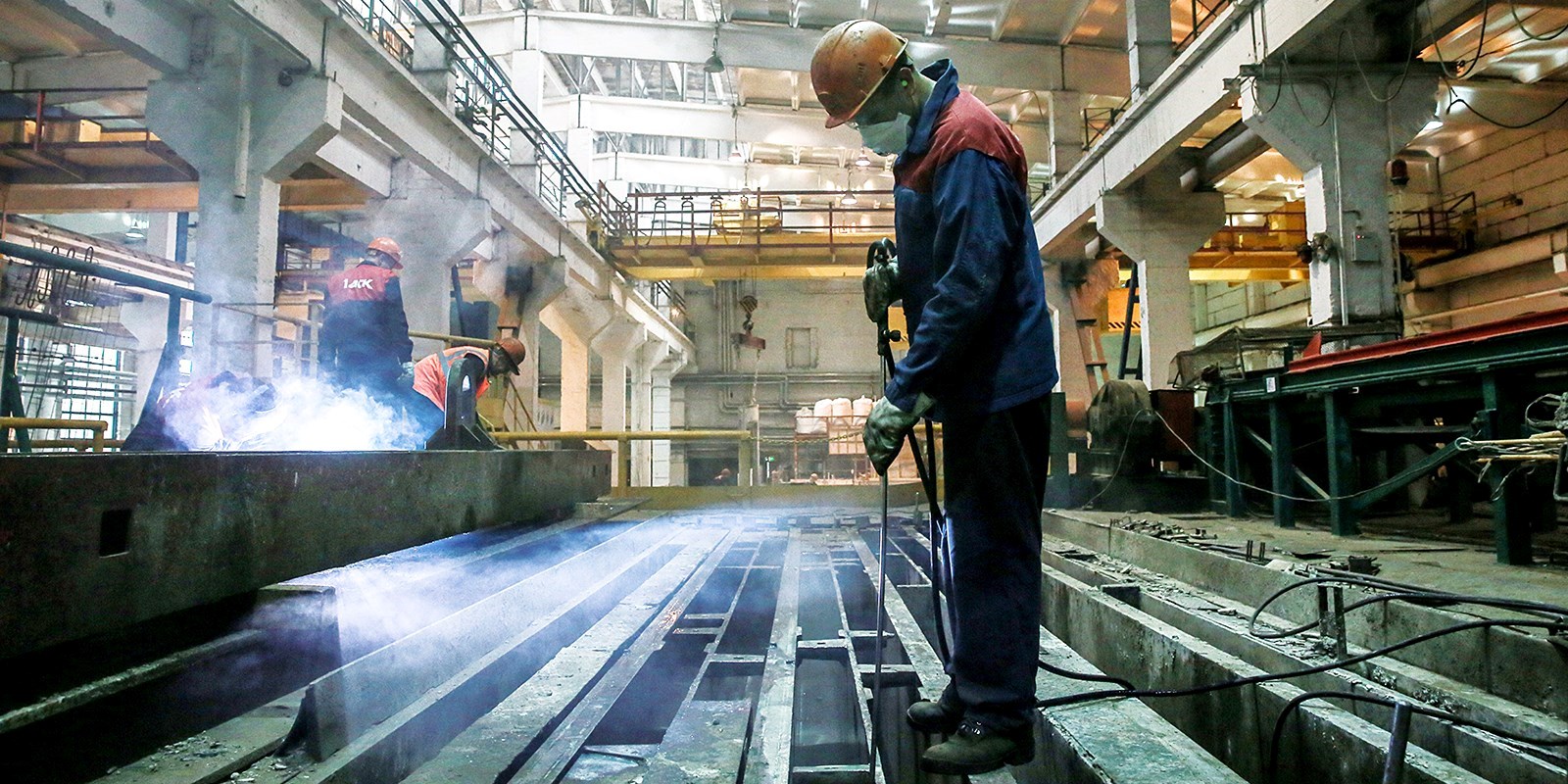
The modernization of the Rostokinsky concrete products plant has been completed. It was supported by the Moscow Government as part of the implementation of a special investment contract (SPIC).
“Under a special investment contract, an investor invested RUB 2.6 bn in the modernization of the Rostokinsky plant, which specializes in the production of reinforced concrete structures. The molding and reinforcing shops were completely re-equipped, new high-tech auxiliary equipment was installed. The investment campaign was completed in accordance with the deadlines. As a result of modernization, the number of work places at the plant has grown from 410 to 1.087,” said Vladimir Efimov, Deputy Mayor of Moscow for Economic Policy and Property and Land Relations.
The Moscow Government and DSK-1-Rostokino company signed a SPIC in 2019. The purpose of such agreements is to stimulate long-term investments in production in the country. Under the contract, the investor implements a project to create or modernize an enterprise, and in return receives benefits: reduction of the regional part of income tax from 17 to 13.5%, rent for a land plot from 1.5 to 0.01% of its cadastral cost and reduction to zero of the property tax of organizations.

“The capital retail enterprises continue to adapt to new conditions, and the service sector, having fully returned to the pre-pandemic format of work, is demonstrating a steady growth rate. For 9 months of 2022, the revenue of the trade sector increased by 22.4% compared to the same period of the previous year and amounted to RUB 5.7 trn. The volume of sales of non-food trade enterprises, including the online segment, grew by 44.4%, to RUB 3.96 trn., food trade – by 8.5%, to RUB 995.6 bn,” said Vladimir Efimov, Deputy Mayor of Moscow for Economic Policy and Property and Land Relations.
At the same time, a decline is observed in the motor vehicles trade: turnover for 9 months amounted to RUB 708.1 bn, which is 26.8% less than the same period last year. The turnover of service enterprises in the first 9 months of 2022 amounted to RUB 7.1 trn., exceeding the figures for the same period in 2021 by 19.3%.
The largest growth in January-September was observed in organizations of culture, leisure and sports – by 48.5%, to RUB 268.6 bn. The revenue of public catering establishments increased by 40.4% to RUB 384.6 bn. Hotels and travel agencies earned RUB 573 bn, which is 31.7% higher than the result for the same period last year.
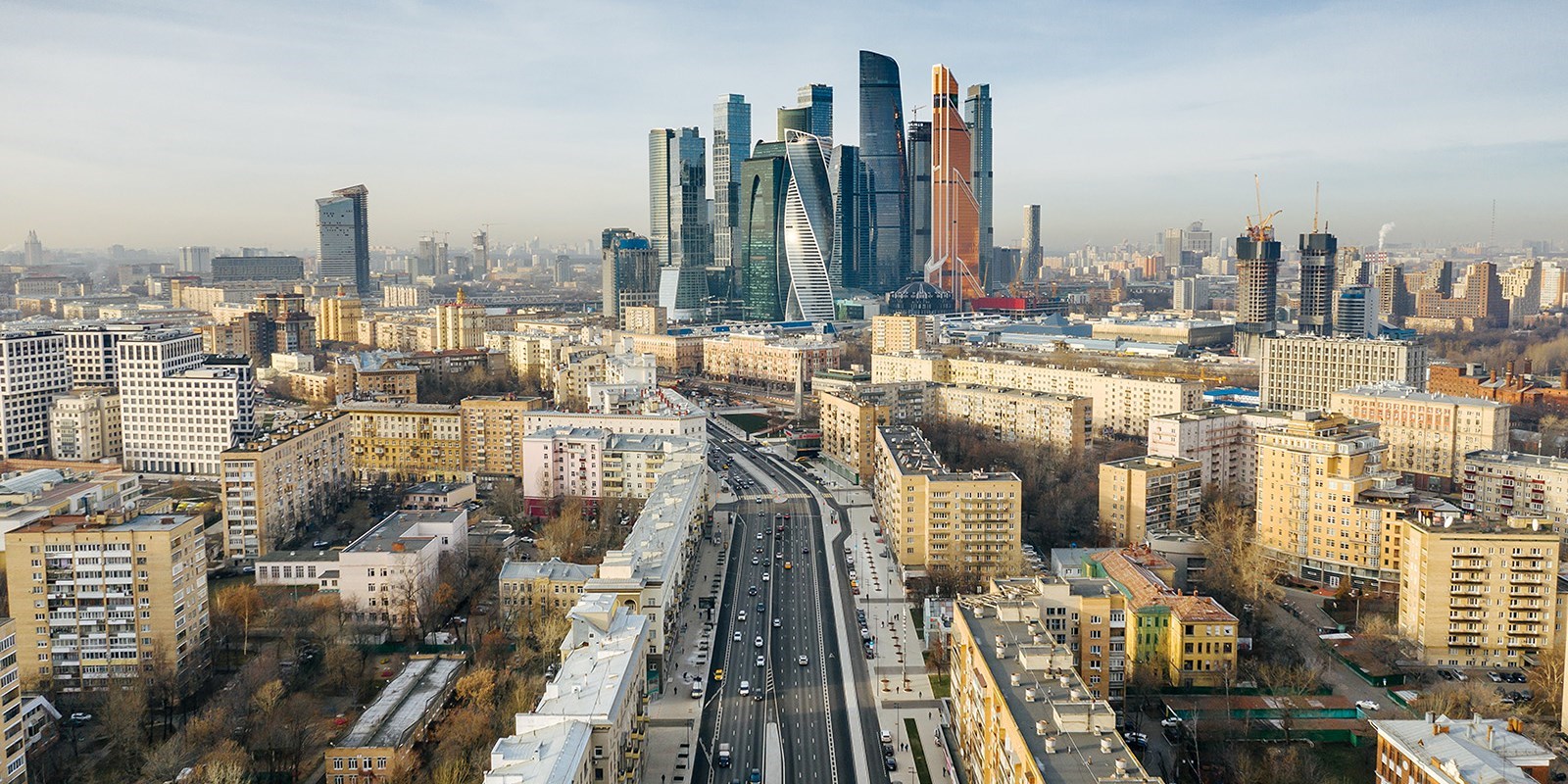
“In March 2022, the Moscow Mayor approved a set of anti-crisis business support measures to make it easier for entrepreneurs to adapt to changing economic conditions. This included, among other things, deferrals of property and land payments and various preferences for tenants of capital plots and non-residential premises. For 7 months, 1.700 business representatives applied for such benefits, we have already helped almost 1.400 of them. The total amount of support from the city in the property and land sector has now reached RUB 14.8 bn,” said Vladimir Efimov, Deputy Mayor of Moscow for Economic Policy and Property and Land Relations.
Most of the applications from businesses were received for deferred payments for the second quarter of 2022. The city transferred rent and other payments to 825 entrepreneurs in the amount of more than RUB 11 bn. As part of anti-crisis support, several types of deferrals are available. Most often, business representatives asked to transfer the rent for city premises, such assistance for RUB 413 m was provided to 644 entrepreneurs. At the same time, 111 tenants of urban land received deferrals for the largest amount – RUB 6 bn – who changed the purpose of providing plots for construction.
Another 56 land owners received a deferment of RUB 3.7 bn for changing the type of permitted use of land. The city also supported 16 investors who are implementing large-scale investment projects and getting land in the capital without bidding. They were transferred lease payments in the amount of almost RUB 1 bn.
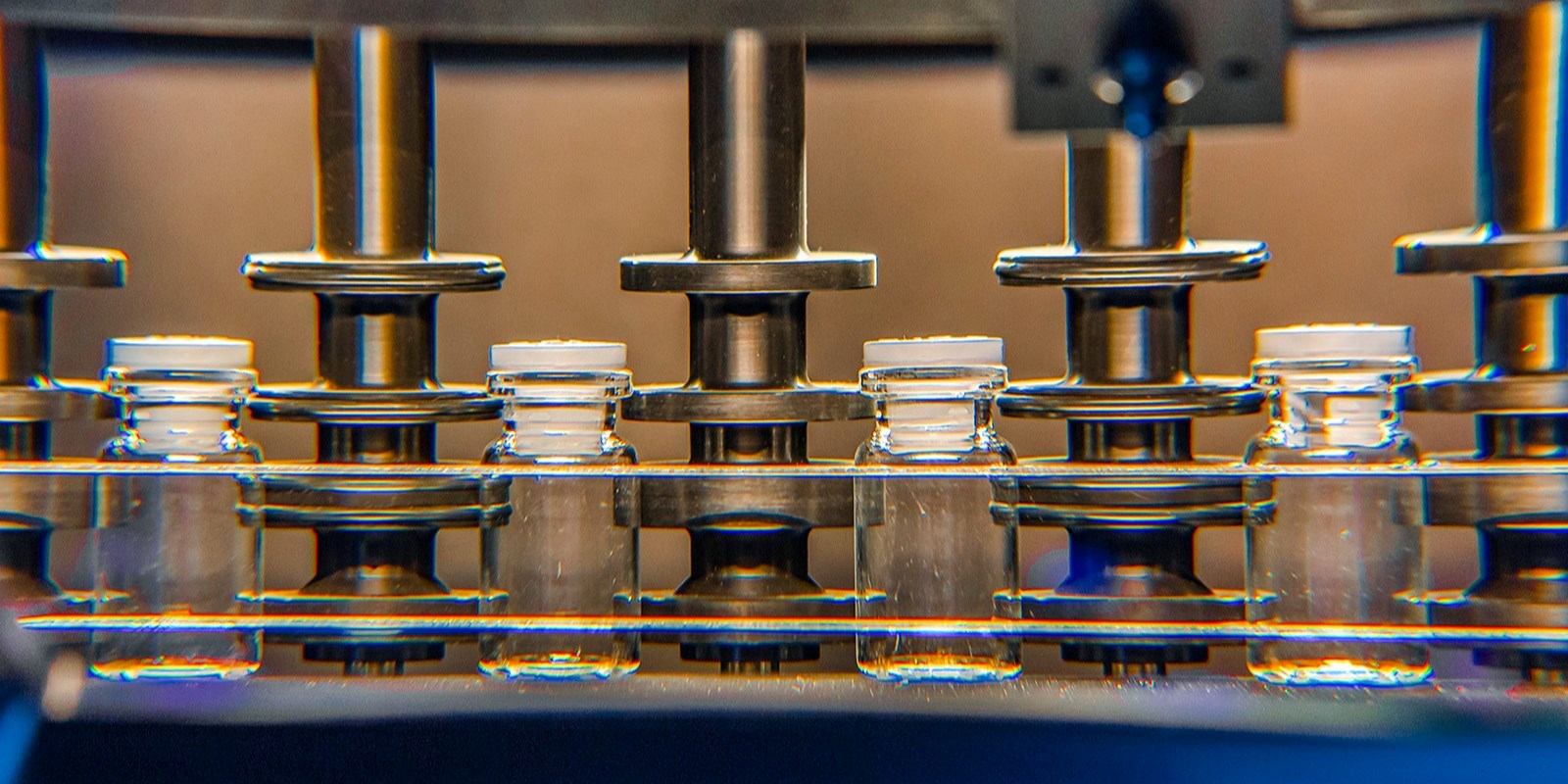
“The city will give over 147 ha of land to investors for the creation of light industry, food, construction, pharmaceutical and automotive industries. The volume of investments in these projects will amount to about RUB 70 bn. Thanks to their implementation, more than 15.000 new jobs will appear in the capital,” said Vladimir Efimov, Deputy Mayor of Moscow for Economic Policy and Property and Land Relations.
With the support of the city, production facilities for the manufacture of electronics, furniture, clothing, packaging, building materials, spices and meat products, polyurethane foam products, as well as a logistics center, a technology park and an industrial cluster will be created. As part of the implementation of three projects, a plant for the creation of technological equipment and a food cluster will be built in the TaNAD, where they will produce dairy, bread, meat and other products. In the north of Moscow, in the Zapadnoye Degunino district, a high-tech production complex for the production of ready-made meals will appear.
The allocation of land plots for the construction of new production facilities as part of large-scale investment projects is an effective measure to support business from the city, which makes it easier for developers to create and develop enterprises. As part of anti-crisis support for businesses, in March 2022, the city began to provide investors implementing large-scale investment projects with land for rent without bidding for the construction of new production facilities at a reduced rate of RUB 1 per year.
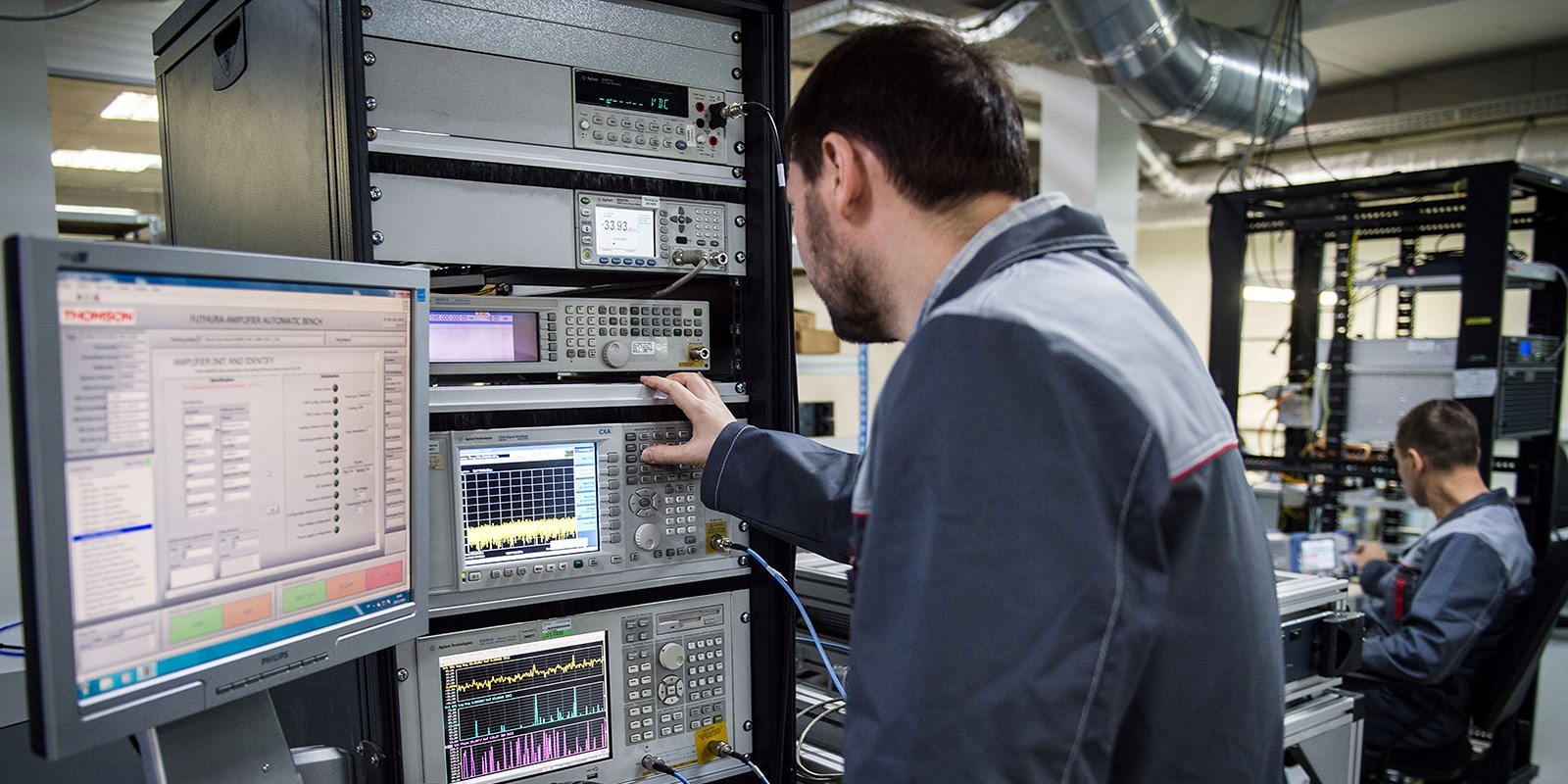
The city assigns special statuses to enterprises that meet the established criteria, including industrial complex and technopark. Thanks to this, companies save on taxes and direct the released funds to the development of industries and the creation of jobs.
“Moscow leases land to enterprises with special statuses at a reduced rate. For industrial complexes, it is 0.3% of the cadastral value of land, and for technology parks – 0.01%. Since the beginning of 2022, 6 capital companies have received such a benefit for 10 plots with a total area of more than 5.8 ha. As a result, these enterprises will be able to save more than RUB 19 m annually at current prices,” said Vladimir Efimov, Deputy Mayor of Moscow for Economic Policy and Property and Land Relations.
Among the companies that received rental incentives in 2022, 3 have the status of an industrial complex (Agency for Industrial Development and Investments, Svyazstroydetal JSC and MNPK Biotiki LLC), and 3 more have a status of technology park – (Kalibr PJSC, Institute of Electronic Control Machines named after I.S. Bruk PJSC and Moscow Plant of Thermal Automatics JSC).
In Moscow, 66 enterprises have the status of an industrial complex, and 42 – of a technopark. As Vladislav Ovchinsky, Head of the Moscow Investment and Industrial Policy Department, said, in addition to the opportunity to rent land from the city at a low rate, the regional part of the income tax for industrial complexes was reduced from 17 to 13.5%, land tax – by 80%, property tax – by 50%. At the end of 2021, the annual savings of industrial complexes due to the reduction of the tax burden reached RUB 1.9 bn.
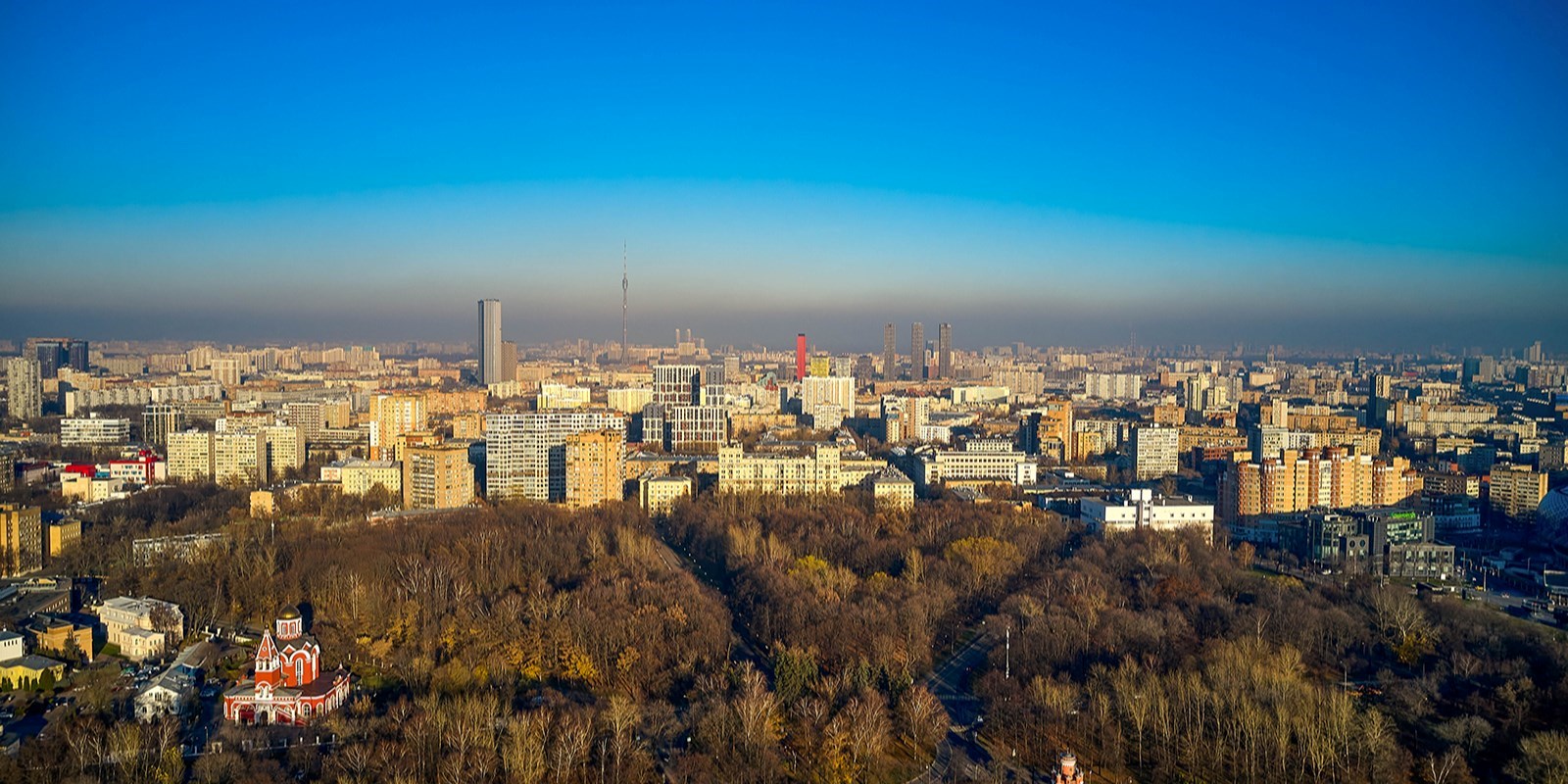
“Moscow puts up real estate for entrepreneurs and citizens for land and property auctions. From January to September of this year, the city sold over 7.500 objects at auctions worth RUB 43.5 bn. Parking spaces were in the greatest demand: almost 5.000 of such facilities were purchased from the capital for RUB 1.8 bn,” said Vladimir Efimov, Deputy Mayor of Moscow for Economic Policy and Property and Land Relations.
The next most popular were non-residential premises and buildings. For 9 months, auctions were held for the sale of 691 objects for a total of RUB 14.2 bn. In January-September, auctions were held for the lease and sale of 98 land plots for various purposes. Among them, 55 are for the construction of private residential buildings, 20 are for the capital construction of commercial and residential infrastructure of the city, 13 are for the placement of flat parking lots and car service points, and 10 are for the construction of non-capital sports complexes. Also, 86 non-stationary retail facilities were implemented: 20 flower and grocery stores, 37 carts for selling ice cream, corn, pastries and drinks, 18 pavilions for opening cafes and equipment rentals in parks, and 11 tents for seasonal retail facilities.
In 9 months, more than 53.000 investors took part in the auctions. The average level of competition at the auction was 7 bidders per lot.

“From January to September 2022, the city sold 653 non-residential premises for business. This is 7% more than the number of similar objects sold last year, when it amounted to about 600 lots, and 50% more than the same indicators in 2020, when about 430 objects were sold in 9 months,” said Vladimir Efimov, Deputy Mayor of Moscow for Economic Policy and Property and Land Relations.
Since the beginning of 2022, 3.600 entrepreneurs, commercial organizations and investors have taken part in the auction. The level of competition averaged 6 bidders per lot. Premises in the Central Administrative District were in high demand: 115 objects were sold at auctions. 88 properties were purchased in the Southwest of Moscow, 80 in the North, 70 in the East, 67 in the Southeast, 66 in the West, 51 in the South, 50 in the Northeast, 37 in the Northwest, 19 in TaNAD 19, 10 in Zelenograd.
Average starting cost per sq. m at the city auction is about RUB 100 thousand, and 24% is the excess of the initial price. Most often this year, bidders purchased non-residential premises at open auctions to increase the initial price – more than 60% of objects were sold in this category. 28% of the lots were sold through a public offer to reduce the cost, 11% through a sale without announcing the price, where the participants themselves indicate the amount they are willing to pay for the lot.

Department of Investment and Industrial Policy of the City of Moscow
mos.ru/dipp

Moscow Investment Agency
investmoscow.ru

Supplier portal
www.zakupki.mos.ru
The digest archive is presented on Moscow Investment portal.